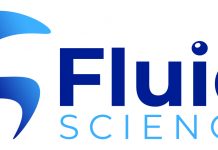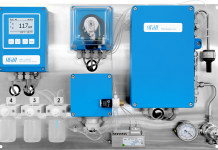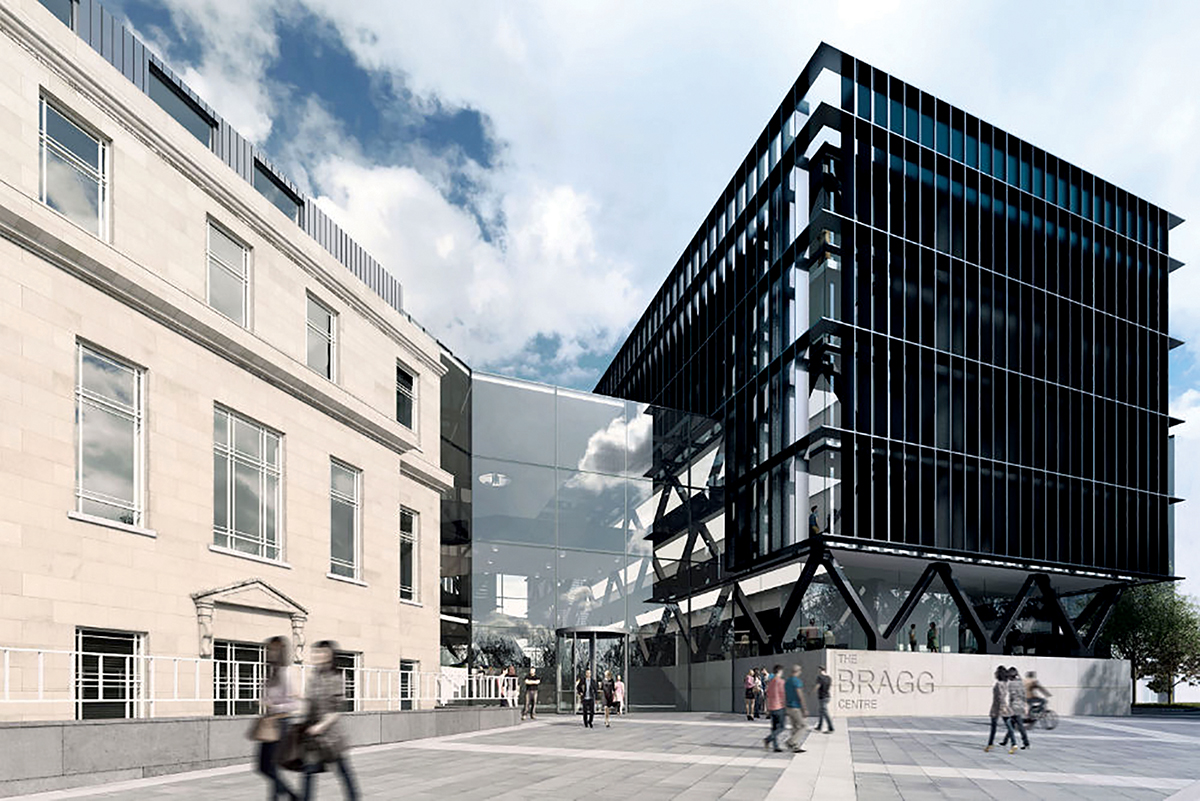Leeds University’s plans for advancing engineering and physical sciences have been approved by the city council’s planning panel.
The £96m investment aims to provide an environment for students and researchers from across engineering and physical sciences.
The investment is a key part of the University’s £520m campus development programme, aimed at securing Leeds’ position in the UK’s top ten research universities.
To be completed by summer 2020, the plan is to bring the School of Computing and School of Physics and Astronomy together with colleagues in Chemistry and Engineering for the first time.
The investment will include the new Bragg Research Centre for Advanced Functional Materials.
The Bragg Centre will be the new home for the University’s internationally-recognised activity in materials characterisation and analysis of soft matter and nanostructured thin films.
It is named after Sir William Henry Bragg, the early 20th Century mathematician and physicist who developed X-Ray crystallography at Leeds, who was awarded the Nobel Prize for Physics in 1915 for his work together with his son Sir William Lawrence Bragg.
The Bragg Centre will also be the location for to the University’s research in functional materials and devices, which is part of the UK-wide Henry Royce Institute.
This institute brings together world-leading academics from across the UK to study and develop advanced materials and explore Leeds’ specialism in Atoms-to-Devices and the translation of new material systems from the atomic scale to the operational device.
Professor Lisa Roberts, Deputy Vice-Chancellor: Research and Innovation, said: “The Bragg Centre’s interdisciplinary culture and state-of-the-art facilities will support and attract the best minds at all levels, placing our exceptional standard of research on a global scale.
“Working in such an innovative environment will also transform how we can work with our industry partners on real world problems.
“The Bragg Centre will be a fabulous environment for cross-disciplinary teams to work on big technical challenges, drawing on our existing strengths while working together in new and disruptive ways to improve both the quality and the scale of our research. Working in such an innovative environment will also transform how we can work with our industry partners on real world problems.”
The ‘superlabs’ concept behind the Engineering Physical Sciences development will bring together existing strengths in applied and fundamental research to support interdisciplinary problem-solving research groups.
Professor Steve Scott, Executive Dean of the Faculty of Maths and Physical Sciences, said: “We are creating an exceptional environment to carry out cutting-edge research. The interplay between people, working culture, equipment and buildings will be central to creating the highest quality findings and original ideas.
“The quality of our research brought about through leading facilities and the exceptional breadth of our academic staff, will drive external partnerships and attract international support, leading to a greater depth in funding bids and a rise in standards of research.”











